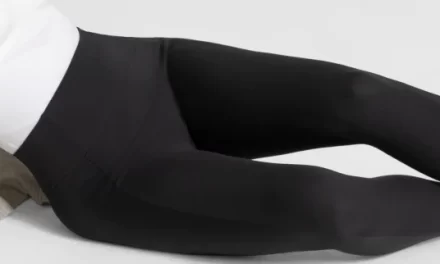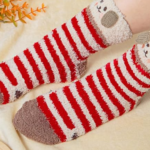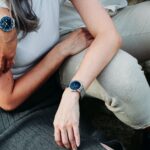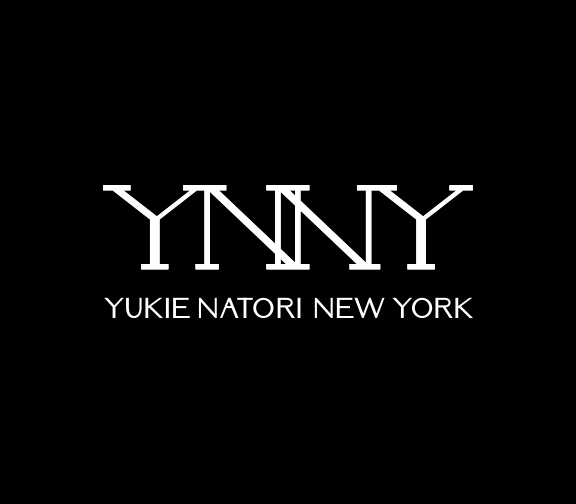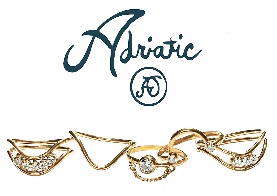Diamonds, pearls, silk, luxury bags…and scrumptious Swiss chocolate. These are the stuff that Christmas holidays and decadent dreams are made of. It’s hard to enjoy an exciting luxury gift because when you find out it wasn’t ethically made, you must find the strength to return the item. That is human. Industries are changing. Within five years, ALL will have ethically made products on the market. The following innovations have been made to create future ethical luxury industries:
Lab-Grown Swiss Chocolate
In perhaps one of my favorite scenes ever in a movie, Prince Henry, in Ever After, confusedly puts a piece of dark delicious something into the waiting open mouth of the evil step-sister, Marguerite. In one of her few candid moments, her eyes pop open, and she asks, in a moment of truthful delirium, “What’s it called?”, “Chocolate,” Prince Henry replies, and the audience in the movie theatre all laughed a little as we realized we’d witnessed a re-enactment of the first time humans had tasted chocolate.
The problem with chocolate is that the supply chain is often extremely unethical and violent. It is difficult to prevent this because the demand for chocolate is very high.

In high demand, lab-grown chocolate is one of the most extraordinary things that could happen in this century. If poor sectors of third-world countries were not considered valuable for their chocolate, the opportunity for prosperity rather than exploitation could grow. Thus naturally grown chocolate became less valuable, and unpaid labor was not in “high demand.”
Scientists at the Zurich University of Applied Sciences have created the first lab-grown chocolate. A bar of chocolate from them sells for $20 right now. Still, if enough people encouraged the production of this lab-grown chocolate, it could become the future of chocolate, promising a brighter future for lands where chocolate is historically made.
Sewer-Mined Gold and Silver
Silver and gold come from mines, and these mines, too, are often unethical, helping engender war-torn countries in areas with rampant poverty and valuable natural resources. Now, a team of scientists in Brussels has begun a novel program. They are mining gold and silver from sewers using things like micro-organisms attracted to metal to create thoroughly sanitized, recycled metal sold. The profits can then be used to fund clean water for communities. We do not even realize how much gold and silver end up in sewers. Still, a study by the University of Arizona estimated that for every million-person city in existence, there could be $13 million in gold sludge mined a year. Not only does this directly clean water by eliminating harmful metals from the water, but it also funds other clean water programs, and most importantly, it helps encourage the recycling of gold and silver, creating less demand for unpaid metal miners from war-torn countries.
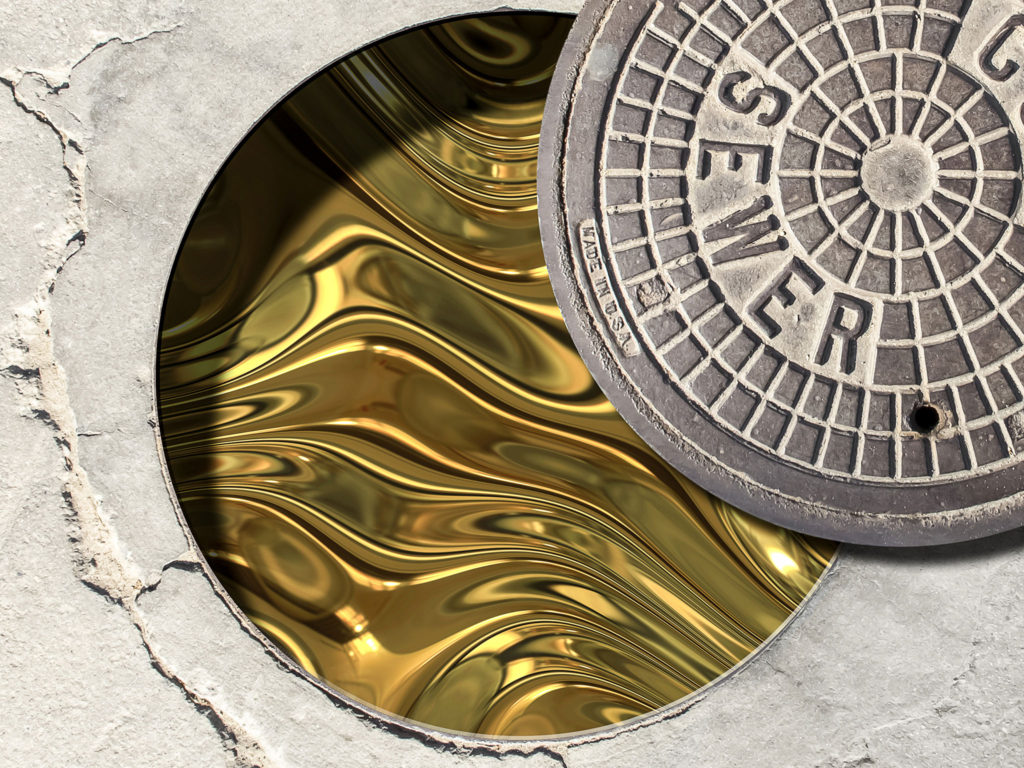
Carbon-Negative, Ethical Diamonds
Jewelry brand Aether has created “carbon-negative” diamonds…meaning that their creation reverses our carbon footprint, whereas most diamond mining worsens the carbon footprint. As stated by Aether, “We create the world’s first positive-impact and truly sustainable diamonds: alchemized from air and hand-set in responsibly-sourced metals. Aether diamonds are as real as mine with none of the harmful consequences — every carat of our stones helps to create a better future.” Aether diamonds, created from the air, are just as valuable as mined diamonds, but unlike mined diamonds, their air-created diamonds are sustainable, carbon-negative, and ethical.
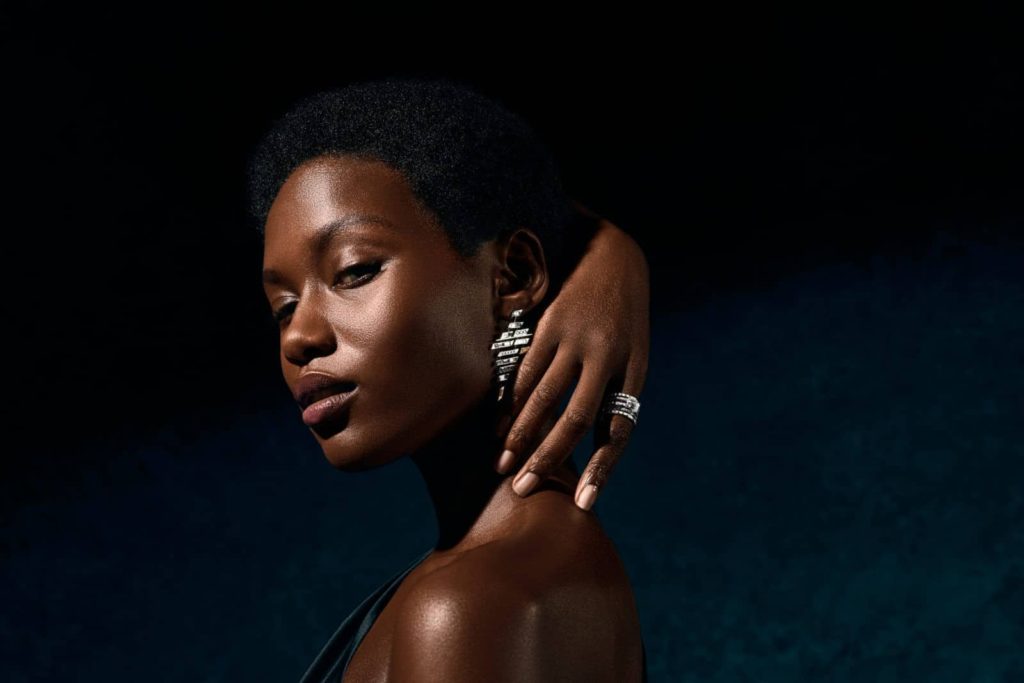
Golden “Peace” Silk
Peace silk has been around a while but still needs consumer encouragement to become widespread. It is a form of silk that is created without killing the silkworms.
And then there is golden silk. A rare type of silk made from “Banana Spiders.” More importantly, it does not kill the spider. Golden silk has recently become the name on everybody’s lips. Suppose golden silk made from banana spiders can become an emerging industry that people invest in to grow the population of banana spiders. In that case, this could be an alternate way to wear peace silk while enjoying the ultimate piece of luxury golden silk.

Vegan Leather
Kering is a French corporation that owns Gucci, Yves Saint Laurent, Bottega Veneta, and various other luxury companies. They have recently partnered up with Mylo (Bolt Threads), the leading mushroom-leather company, to begin creating their leather accessories from mushroom leather. Although it may be a few years before their plan is implemented, their initiative is an extremely promising turn for the fashion industry. It will slowly trickle down, ultimately encouraging non-luxury brands to use ethical leather as well.
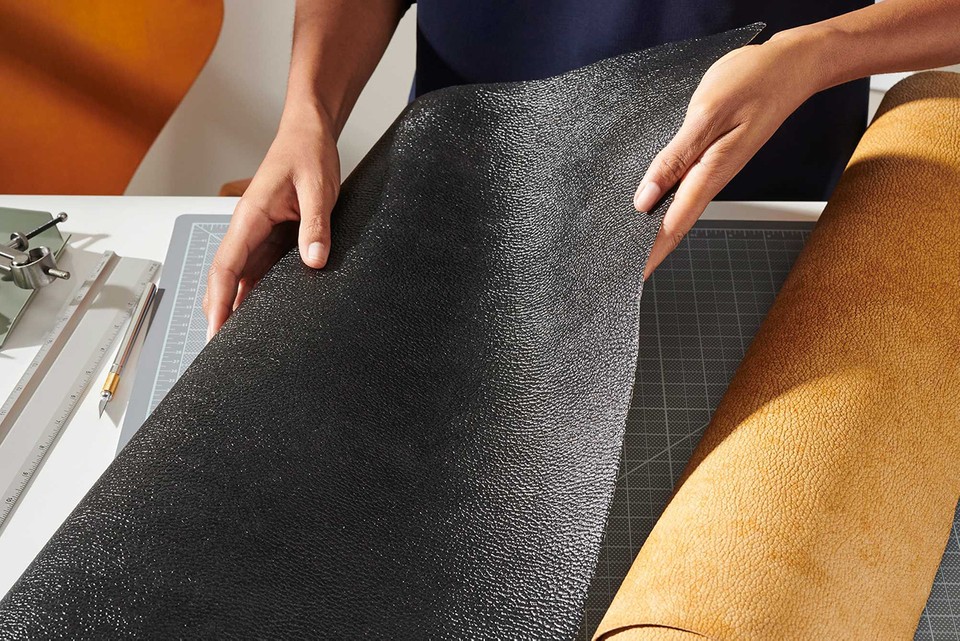
Sustainable Pearls
As a general rule, the three major companies predominantly own the pearl industry is ethical. Workers on the islands that farm pearls live very happy lives, and it is a refreshingly joyful industry to be a part of. However, the industry could certainly be more sustainable. The organization Sustainable Pearls, sponsored by Tiffany & Co., ensures that the pearl industry is sustainable and ethical across the board. To ensure that the pearls you buy are sustainable and ethical, it is encouraged that you buy them from companies Sustainable Pearls supports.

When these products hit the market – and they will – the best way you can make a difference is to BUY them so that these industries can grow and expand. If luxury is your middle name, rejoice! Because now you have the opportunity to indulge while making a massive impact on the planet. Happy shopping! 🙂
Edited by Wynter Aiken

